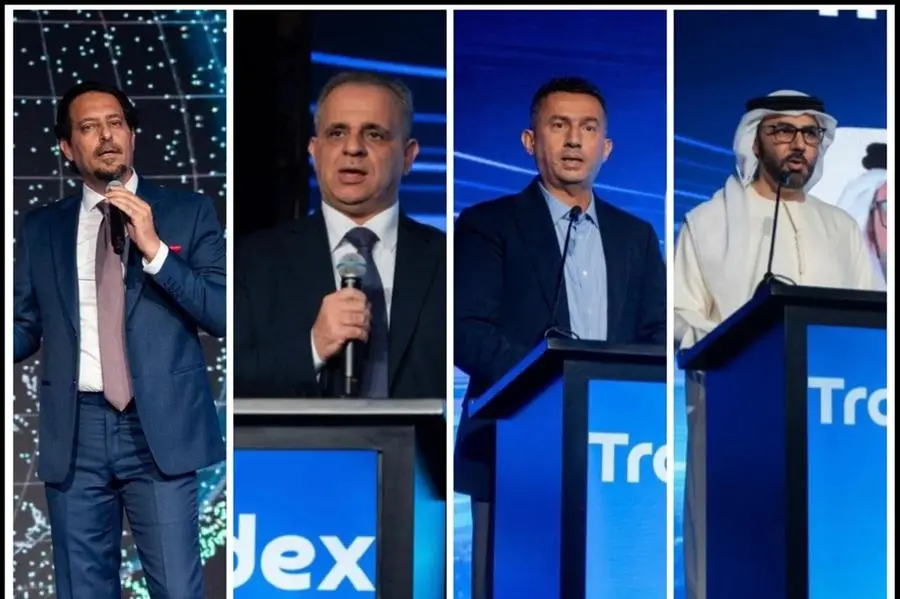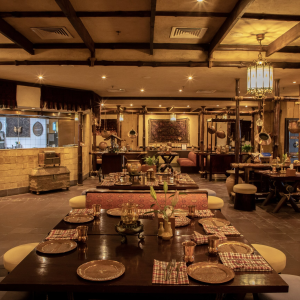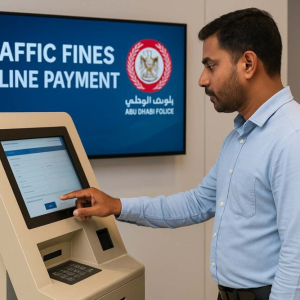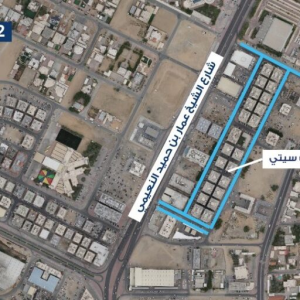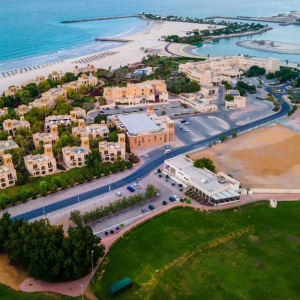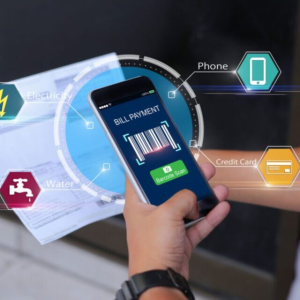Dubai has officially launched the Tradex digital B2B platform, backed by an initial investment of AED 1 billion, which is approximately $272 million. The platform aims to transform how businesses across the region trade with each other, starting with a focus on the UAE–Iraq corridor.
Tradex is designed as a comprehensive marketplace for cross-border business transactions. It combines exporters, importers, logistics providers, financial institutions, customs authorities, and compliance frameworks under a single system. The result is a seamless process that reduces the barriers often associated with international B2B trade.
What is the Tradex digital B2B platform?
Tradex is more than just an online marketplace. It is a digital ecosystem created to simplify trade by bringing every aspect of the process into one place. From product listings and buyer discovery to shipping, payment settlement, and regulatory documentation, the platform integrates it all.

Key features include:
- End-to-end integration that allows exporters and importers to complete the entire trade process digitally.
- Built-in compliance systems to manage cross-border regulations, tax, and documentation.
- Financial support such as payment settlement, trade financing, and currency conversion.
- A scalable design that will eventually expand beyond UAE–Iraq to other trade corridors in the Middle East and beyond.
By connecting all parties on one platform, Tradex reduces inefficiencies, cuts down delays, and builds greater trust between trading partners.

Why focus on the UAE–Iraq trade corridor?
Trade potential
Dubai projects the UAE–Iraq trade corridor will reach AED 243 billion (about $66 billion) by 2030. This makes it one of the most promising trade routes in the region. By targeting it first, Tradex is positioning itself in a high-growth area.
Economic and strategic reasons
The UAE and Iraq already share strong economic ties due to geographical proximity and historical trade relations. Launching a digital platform to strengthen this relationship helps both economies diversify and grow.
Another important reason is diversification away from oil. Non-oil exports such as electronics, cars, textiles, and consumer goods already account for a large portion of trade between the two countries. Tradex will make it easier for these sectors to expand.
Dubai has also made it clear that it wants to be more than a physical trade hub. By investing in digital platforms like Tradex, the city is establishing itself as a digital trade enabler for the wider region. Starting with one corridor gives Tradex the opportunity to refine its model before rolling it out globally.
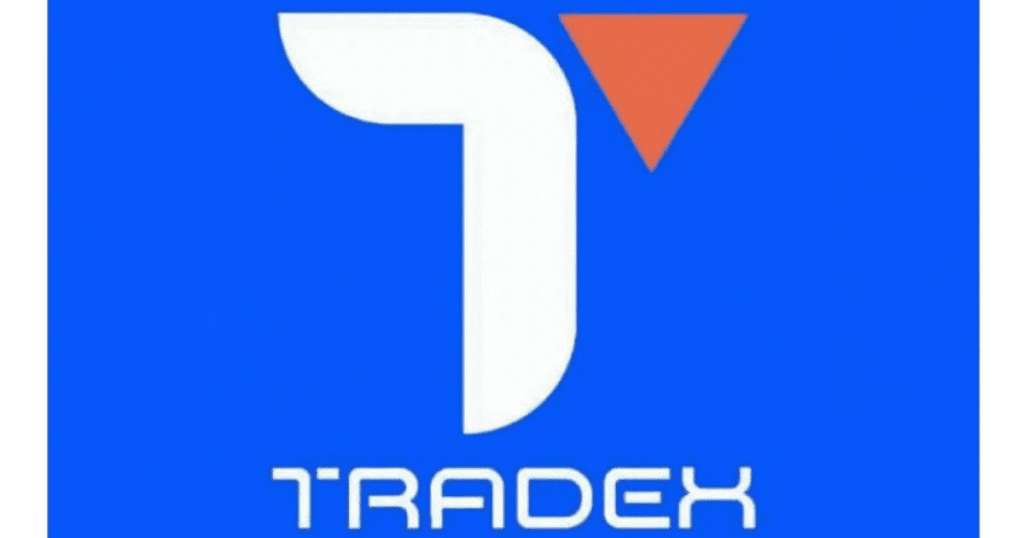
How the Tradex platform works
The process of conducting business on Tradex is straightforward.
- Merchants register and list their products on the platform after verification.
- Importers and buyers browse listings, connect with suppliers, and place orders.
- Payments are settled through integrated financial systems, which also handle currency conversion and financing.
- Logistics providers onboarded on Tradex manage shipping, customs clearance, and final delivery.
- Compliance modules ensure all documentation and regulations are handled properly.
- After-sales support, dispute resolution, and feedback are part of the platform’s services.
This streamlined approach reduces the need for multiple third-party interactions and simplifies trade for businesses of all sizes.
Opportunities for businesses
For exporters and importers
- Faster market entry and access to new trading partners.
- Easier compliance and reduced risk of financial disputes.
- Opportunities for small and medium-sized enterprises to engage in cross-border trade.
For logistics and service providers
- Integration opportunities with a growing digital ecosystem.
- Access to real-time trade data and insights.
- Potential to offer value-added services directly through the platform.
For the UAE and the wider region
- Stronger non-oil trade that supports economic diversification.
- Greater regional integration and cooperation.
- Job creation and innovation in digital trade solutions.
- Increased attractiveness for foreign investors who see the UAE as a trusted trade hub.
Challenges Tradex may face
While the potential is enormous, the platform will face challenges that need careful management.
Regulatory and policy alignment
Cross-border trade involves strict rules and documentation. Coordinating different national regulations will require strong partnerships with governments and customs authorities.
Building trust and adoption
B2B trade relies on trust between parties. Convincing businesses to adopt a new digital platform will take time and success stories from early adopters.
Infrastructure and integration
Ensuring that logistics companies, customs systems, and financial providers work smoothly together will be a complex task.
Payment and currency issues
Fluctuating exchange rates and settlement risks are a reality in international trade. Tradex must offer solutions that minimize these challenges.
Security and quality control
Fraud, poor-quality products, and disputes could undermine confidence. Tradex needs strong systems for verification, monitoring, and arbitration.
What success could look like
If Tradex is successful, we may see:
- Thousands of businesses registered within the first year.
- Rapid growth in UAE–Iraq trade volumes conducted through the platform.
- Reduced transaction costs and faster shipping and payment times.
- Expansion into new corridors such as UAE–Saudi Arabia, UAE–Jordan, or Gulf–India routes.
- Creation of a data-rich ecosystem that supports predictive analytics and smarter supply chains.
The future roadmap
Tradex is expected to expand beyond Iraq once it proves itself. Potential future steps include:
- Opening new trade lanes in the Gulf, Levant, Africa, and South Asia.
- Developing specialized verticals for sectors like healthcare, agriculture, and consumer goods.
- Using AI and analytics to improve trade forecasting, risk assessment, and supply chain planning.
- Creating easier onboarding tools for small businesses, helping them enter international markets more confidently.
Dubai’s long-term goal is for Tradex to complement its physical logistics infrastructure with a strong digital backbone. Together, these will position the UAE as a leader in both physical and digital trade.
Why Tradex matters
The launch of the Tradex digital B2B platform is about more than just technology. It represents a shift in how countries and businesses approach global commerce. Instead of relying only on ports, free zones, and shipping networks, Dubai is building digital infrastructure that connects buyers and sellers directly.
This change makes cross-border trade more accessible to smaller companies, encourages innovation, and strengthens Dubai’s reputation as a business hub. It also sets an example for other regions that want to modernize their trade systems.
Conclusion
The Tradex digital B2B platform is a bold step toward transforming regional and global trade. With $272 million in initial funding and a focus on the UAE–Iraq corridor, it aims to simplify processes, reduce costs, and open opportunities for businesses of all sizes.
Although challenges such as regulation, trust, and integration remain, the potential impact is significant. If Tradex achieves its vision, it will not only benefit Dubai and Iraq but also create a model for digital trade platforms across the Middle East and beyond.
Do follow UAE Stories on Instagram
Read Next – UAE Minister Reem Al Hashimy Honored by Bill Gates as Champion for Child Survival

